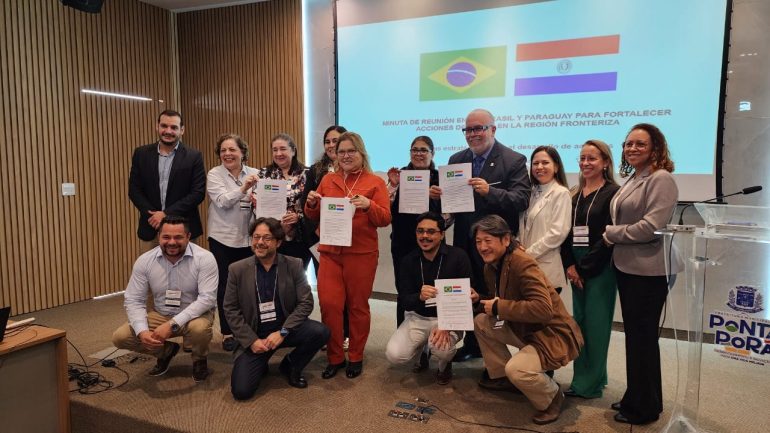Paraguay and Brazil launched a joint initiative to map out health infrastructure in major border cities. The goal is to upgrade services and create an integrated health system for frontier residents. The initiative aims to reach so-called mirror cities, urban areas that sit side by side along the international border. Examples include Ciudad del Este/Foz do Iguaçu and Pedro Juan Caballero/Ponta Porã.
Examine health infrastructure
Paraná’s Health Secretariat stated the mapping will thoroughly examine health services across all regions. This includes the quantities of medical equipment, hospital beds, and doctors. By comparing this information, officials hope to identify gaps in services and channel strategic investment.
“This mapping will allow us to visualise in-depth how conditions are in every municipality and then be able to confirm where there is a lack or imbalance,” said officials from Paraná’s health department. The joint initiative covers data exchange, mutual epidemiological monitoring, and coordinated emergency planning between both nations.
Paraguay-Brazil initiative: a shared health system
Christine Maymone, Paraná’s Under-secretary for Health, emphasised the project’s importance: “This study is crucial to guide investment and to create an integrated health network to respond swiftly to the needs of the border population.”
In later stages, the agreement anticipates the construction of a binational epidemiological situation room, with Paraguayan officials and Brazilian officials from Paraná and Mato Grosso do Sul states. The shared centre will allow coordinated analysis, planning, and emergency management, including potential mobilisation of medical teams across borders in case of crisis.
Priority mirror cities for the project are: Ciudad del Este/Foz do Iguaçu, Pedro Juan Caballero/Ponta Porã, Carmelo Peralta/Porto Murtinho, Cataratas del Guairá/Mundo Novo and Salto del Guairá/Guairá.
Last year’s World Health Day emphasised need for equal access to healthcare. This historic level of cross-border collaboration shows a commitment towards the provision of fair and efficient access to healthcare. It benefits border communities, where daily life and health systems often span national borders.


